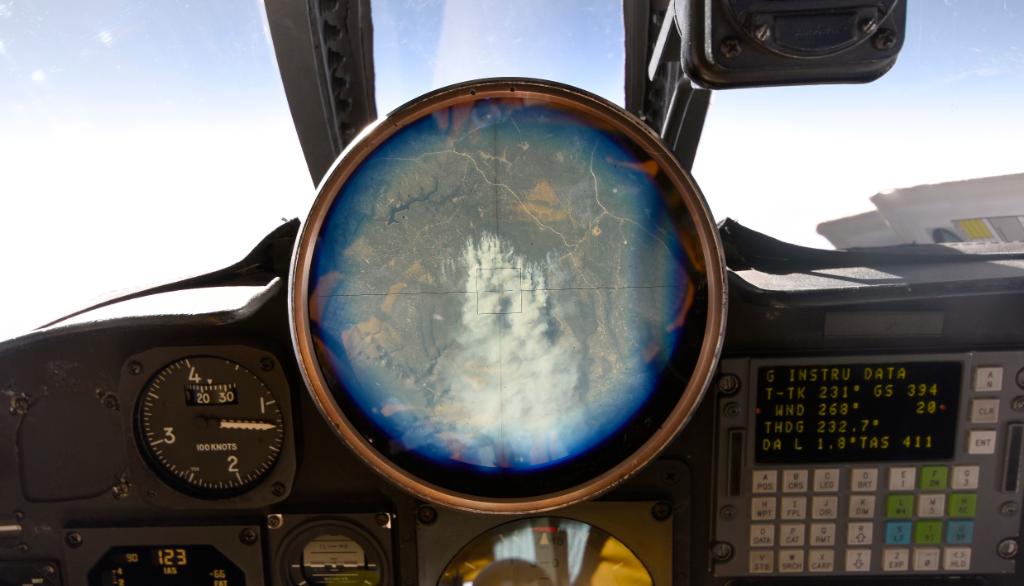

Products and equipment used at extreme heights must be durable enough to handle extreme conditions. To reproduce temperature, humidity and atmospheric conditions correctly, specially designed facilities where controlled, sensitive altitude testing can be performed are required.

Our altitude testing capabilities include straight altitude tests up to 30.000 meters (100.000 feet), as well as multivariate tests that combine altitude, temperature and humidity, altitude and vibration tests, and explosive decompression testing.
EUROLAB altitude test chambers can accommodate components, materials, subassemblies, and complete devices in height chambers ranging from very small to very large. Our ramp increase rate for the standard height test is 5 m (30.000 to 0 ft) in less than 100.000 minutes. For explosive decompression, this is less than a second. Temperature characteristics range from -180 ° C (+300 ° F) to + 200 ° C (low). If you want your equipment to fly higher, our high vacuum, space simulation facilities can reach 10-6 Torr (1.3e-7 kPa).
EUROLAB performs both fast (not more than 15 seconds) and explosive (0.1 seconds or less) decompression testing.
Typical items that require such tests are parts, systems, and subassemblies that operate at high altitudes (such as in the cockpit of an airplane) or that should not continue to operate or at least cause problems in the event of a hazard. Gaskets, safety equipment, launch mechanisms, optical gear, instrumentation and controls are just a few of the many products that are subjected to decompression testing.
The appropriate altitude test will look at a number of factors experienced by components exposed to excessive heights. These;
Temperature: The average rate of temperature increase for each 1000 feet height is 3,5 ° F. Components designed for use in aircraft and aviation equipment must be able to withstand not only extreme cold but also rapid temperature changes during take-off and landing.
Moisture: Moisture changes come with temperature changes. Sensitive components should also be able to withstand these conditions. The tight tolerances required by commercial and military equipment require moisture testing to ensure that they deliver the desired performance.
Pressure: MIL-STD-810, RTCA DO-160 and other standards govern the acceptable behavior of internal and exposed aviation equipment when exposed to rapid decompression. Altitude testing helps you maintain compatibility and deliver a reliable product for use in any application.
Even if your application does not require MIL, RTCA or other standards, taking the time to perform appropriate tests can help your product stand out from the competition. Many buyers view these standards as superior quality assurance that can be trusted to deliver exceptional performance in any environmental or atmospheric condition. In a crowded market, altitude testing by military standards can be an effective selling point for your product.
In situations where you need to make sure that your product or component can withstand conditions at high altitudes, it is critical to choose a suitable laboratory. EUROLAB is one of the most reliable laboratories in altitude testing.
You can contact our expert team for more information about the height test in EUROLAB laboratories.
To get an appointment, to get more detailed information or to request an evaluation, you can ask us to fill in our form and reach you.